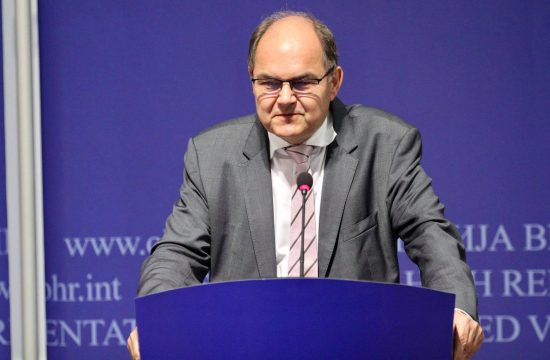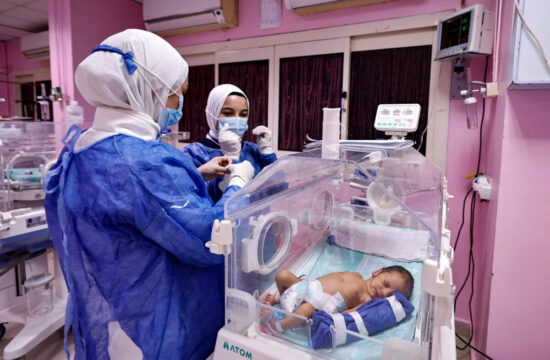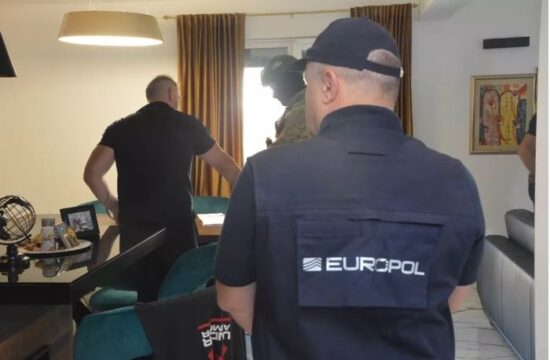
Srebrenica victims' families expect the European Court of Human Rights (ECHR) to determine a higher degree of responsibility of the Netherlands in the mass killing of Bosniak men in Srebrenica where the Dutch troops were deployed as the UN peacekeeping force in the early 1990s, head of the 'Mothers of Srebrenica' association Munira Subasic told media on Tuesday.
“This has to be over within three months. So, three to six months is the deadline,” she stressed.
The ‘Mothers of Srebrenica’ association sued the country with the ECHR over, as they said, the responsibility of the Dutch battalion which was present in Srebrenica as the UN peacekeeping force when the mass killing occurred.
The lawsuit has been filed on behalf of the Srebrenica victims’ families by lawyers Marco R. Gerritsen and Simon van der Sluijs who said in a statement that “the Netherlands had not taken sufficient protection measures” of the residents of Srebrenica.
This step comes after the court ruling in this case that the victims’ families found unsatisfactory.
Last year, the Supreme Court of the Kingdom of Netherlands confirmed a 2017 ruling which said that the country was only partly responsible for the deaths of some 300 victims of the 1995 Srebrenica genocide and reduced the initially ruled responsibility from 30 to ten percent.
“They tried to reach a deal with the Dutch Government about a higher percentage from the ruling. The first time they ruled it was 30 percent and then the Supreme Court said it was 10 percent. What matters is that they are responsible even if it was one percent, because this was the first time in history that one country was found responsible for the soldiers it deployed to another country,” said Subasic.
“If we know our children were under the protection, that the Dutch battalion was responsible. They took part in it – they handed over our children to criminals and they did what they did. We didn't agree with the ruling,” she added.
In April 1993 the UN had declared the besieged enclave of the eastern Bosnian town of Srebrenica a safe zone under the UN protection. However, in July 1995 the Dutch battalion failed to prevent the town's capture by the Bosnian Serb forces and the massacre that followed.
More than 8,000 Bosniak men and boys were killed in the genocide committed in the days after 11 July 1995, and so far the remains of more than 6,600 have been found and buried.
The International Court of Justice (ICJ) and the UN's tribunal for war crimes in ex-Yugoslavia later ruled the mass killing was an act of genocide.




